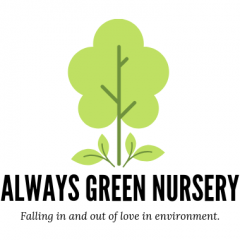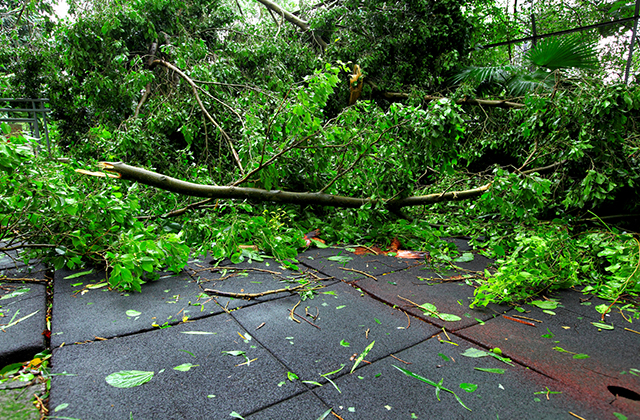The diploma in childcare course will have the opportunity to develop skills in providing care to children, with an emphasis on play-based learning and assist children achieve developmental outcomes. Are you keen to strengthen your career opportunities in the built environment sector? Do you want to enhance your core skills to succeed in this field? If your answer to these afore-mentioned questions is ‘yes’, then register for built environment courses.
These are courses which are specially created for those willing to learn about architecture, planning, maintenance of human-made surroundings, civil engineering, and the like. Students who pursue these courses get a detailed idea about construction projects, sustainable design technologies, innovative civil engineering techniques, green buildings, and more. They dig deep into aspects such as:
- Urban design
- Architecture design
- Environmental design
- Culture and tectonics
- Energy-efficiency and sustainability
- Smart building technologies
Students also get a detailed perspective on:
- Rapid prototype equipment
- 3D model making
- Environmentally responsible technologies for construction
- Advanced techniques used for sustainable constructions
- Creation of resource-efficient homes for the future
- Computer Aided Designs (CAD)
- Eco-friendly building designs such as solar collectors, wind turbines, photovoltaic panels, ground source heat pumps, etc.
Career-based courses such as built environment programmes include skills workshops, special training sessions, Q&A rounds, presentations by the trainers, one-to-one discussions with the lecturers and even site visits. Candidates, pursuing these courses, get a deeper understanding of how the built environment sector works.
Experienced staff members, further help the course-participants dig into sustainable design strategies, contemporary agendas related to architecture, economic and environmental aspects related to construction work, etc. Built environment professionals and industry experts host workshop sessions to give the students a thorough idea about development of maintenance of human-made surroundings which include roads, bridges, pavements, parks, and tunnels. Often, students are also taken to construction sites to get a first-hand experience of how cutting-edge technologies by civil engineers. Detailed sessions are also held to give the students an in-depth knowledge on the legal issues related to construction projects and how to work within the guidelines to ensure hassle-free work process.
Built environment programmes also include research-based assignment work which involve the students to delve into their subject and find out valuable statistics and data for their assignments. This improves their research skills and knowledge base.
Unrestricted urban growth, global warming and unplanned construction work have led to environmental degradation like never before. Therefore, it is our responsibility to keep our environment clean and pollution free as much as possible. Built environment courses offer information on all the measures being taken nowadays to protect townships and housing complexes from earthquakes, landslides and other natural catastrophes. The courses throw light on various disaster management methods which protect bridges, roads, tunnels, highways, transportation systems, i.e., the built environment.
Singapore houses many institutes which provide instructor-led courses, such as built environment, management studies, Earn and Learn programmes, and other skills-development courses. Depending on your career requirements, you can choose your course and build the essential skills. To upgrade yourself and nurture your talent, seek training from a reputed educational institute. After all, a formal training in a specific line of career can help the candidates become highly competent and able at work.

